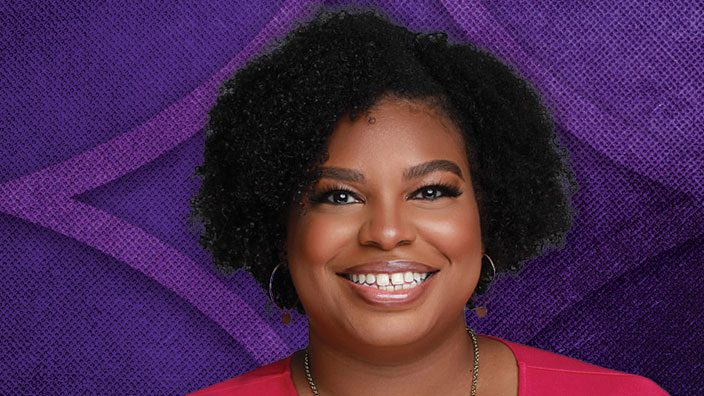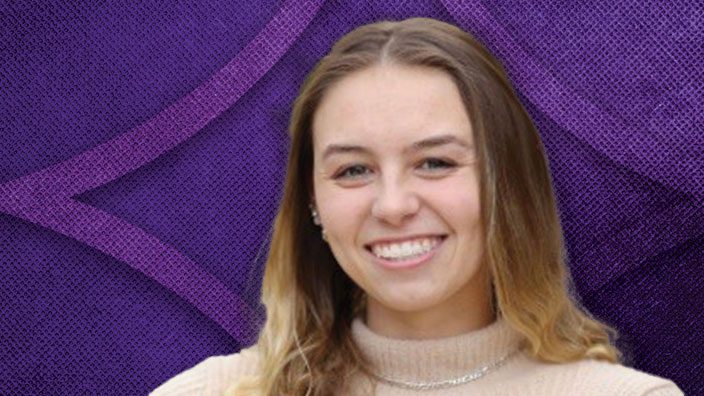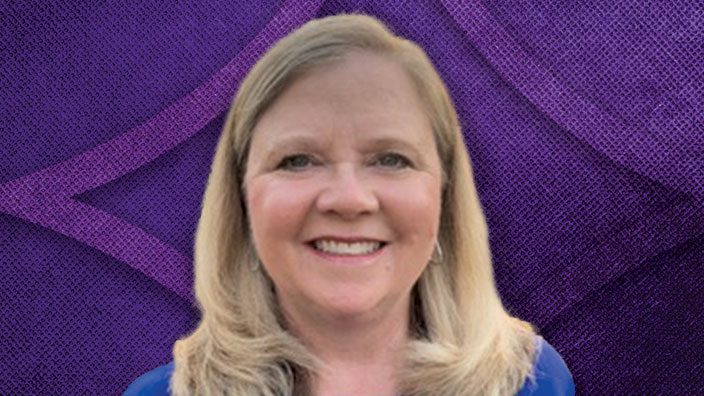of the university
Then, Now, Next


Courtesy Photo
Then
ADRIENNE JOHNSON ’10
I came to Furman with the support of a proverbial “village,” a community of family and friends who’d helped raise me. My village was immensely proud and supportive of me but, for the first time, I’d be leaving them at home. Furman was the first place where I was responsible for curating a community of my own. And I am a Black woman – a characteristic that less than 5% of my new classmates shared.
When I arrived, there was not a statue celebrating Joseph Vaughn on the library steps; I’d only heard about him in the Student League for Black Culture meetings. There was no Africana studies major, only a few classes centering minorities. Furman had no Strategic Diversity Plan, no Center for Inclusive Communities, and no Black Faculty and Staff Association. To find spaces that celebrated me as a whole
person, rather than simply a student whose application had earned her admission – students like me had to create them.
I built my new village in the moments I shared with others: when I sat on Professor Idella Glenn’s office couch and cried after a disappointing encounter in class, when Professor Cynthia King welcomed me into the Communication Studies Department with a warm smile after I’d changed my major, and when Professor Teresa Cosby proudly wrote my name on a department bulletin board after I’d been accepted into law school.
My community grew when I became a member of Alpha Kappa Alpha Sorority – the only historically Black sorority with a chapter on Furman’s campus. My community grew when my classmates started, and I joined, Furman’s first NAACP chapter. It grew when I became a member of Orientation Staff, so that students like me would see a face like theirs on move-in day.
When I reflect on my time at Furman, I am most grateful for the enduring connections and friendships that I built. They sustained me then and continue to sustain me today.
ABOUT THE AUTHOR
Adrienne Johnson ’10 lives in Decatur, Georgia, where she works as senior counsel at The Wren Collective and teaches at the Emory University School of Law. She serves as vice president of Furman’s Black Alumni Council.

Courtesy Photo
Now
SHI POPE ’23
As outgoing president of Sigma Tau Delta, I put together a community read and discussion of Toni Morrison’s “The Bluest Eye” that was both a Cultural Life Program and part of Jeanne Provost’s Lunch and Lit series through the Furman English Department. Sigma Tau Delta is an international English honor society that strives to promote literacy across campuses and communities.
Together, English Professor Margaret Oakes and I decided what better way to do this than to focus on banned books. While we know that banning books is not new, there currently seems to be a new craze for banning books, curricular concepts and generally controlling content discussions in school classrooms.
In our CLP discussion, we wanted to focus on the emotional power a banned book can have and how this is something that should not be taken away. We were pleased that this was truly a “community” read, as there were many students, faculty and staff in attendance who were eager to share their thoughts on Morrison’s novel, as well as why this book is important. Kaniqua Robinson, an assistant professor of anthropology, and Timothy Helwig, a visiting professor of English, helped to lead this discussion. Together, we concluded that Morrison’s novel has been challenged because of the incest and rape found early in the book. However, this novel is more than that. It gives insight to a terrible situation, but it also allows minority communities to find their voice within the characters on important issues.
“The Bluest Eye” is a difficult read because of its content, but it needs to be read. Books shouldn’t be banned, but rather we should give teachers and librarians the tools to teach such difficult novels in a way that sheds light on troubling subjects and also gives a voice to those who are struggling. With books like Morrison’s, it is important that students are not just reading them but are being guided through their readings and discussions. In the words of Stephen King, “If they ban a book in your school, (get to) the nearest bookstore or library ASAP and find out what they don’t want you to read.”
ABOUT THE AUTHOR
Shi Pope ’23 double majored in English literature and composition and classics, historical language and literature.

Courtesy Photo
Next
CAROLYN HOLCOMB
The Furman Advantage is real.
We want to be a part of The Furman Advantage, which guarantees every student an unparalleled education that combines classroom learning with real-world experiences and self-discovery. We invest in Furman students because we want to help them succeed. Both our daughter, Sarah Holcomb ’25, and my sister, Alison Cunnold Boivin ’99, thoroughly enjoy and benefit from Furman University. Furman both attracts and produces students of strong character, integrity and intellectual curiosity. We have full confidence that they will succeed in their lives after Furman, and we want to nurture their goals.
I have now extended offers to four Furman students to work at my firm, and we hosted a Career Trek in January to help students explore a career with a Big Four accounting firm. I’ve informally mentored many Furman students to help them think through what careers may be of interest to them and might best suit their skills and experiences. I’ve spoken with classes and professors at Furman and done mock interviews with students as they prepare for life beyond Furman.
In today’s challenging world, we believe students need guidance and support. They are being influenced by social media and data coming from many directions and can easily make wrong turns. We want to help students navigate these challenges. We’ve always believed in preparing the child for the road, and not the road for the child, and we want to be part of that preparation where our skills and
experiences are helpful.
We give financially to Furman as we’re able because we understand that a great education requires financial resources in addition to other support. We appreciate President Elizabeth Davis’ focus on People, Programs and Prestige, and truly believe that focus will continue to serve Furman well, and that Furman graduates’ diplomas will be more meaningful as the years go by.
ABOUT THE AUTHOR
Carolyn Holcomb lives in Atlanta, with her husband, Zach, and their two children, Sarah ’25 and Alex, a junior in high school. Carolyn is a partner with a Big Four accounting firm, and Zach is retired. They are members of the Furman Parent & Family Council.